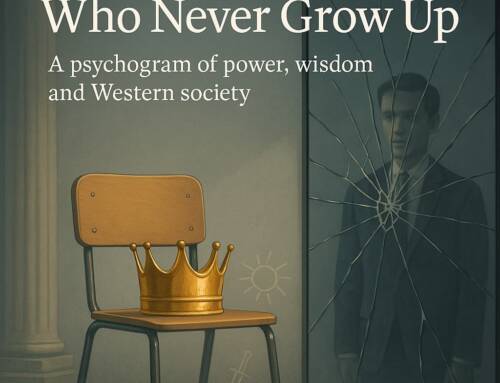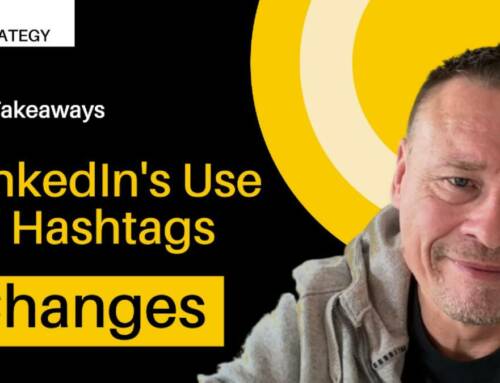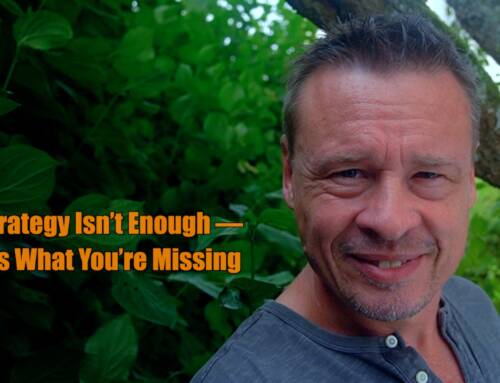👉 Projects in development cooperation are not set up to fail.
Obviously. ✅
Clearly, staff working in projects hate to fail.
That’s why they are reluctant to admit having done so.
To their hierarchy, to their donors, to themselves even.
Consequently, they try to conceal their failures.
This is unfortunate since by not acknowledging a failure, they fail to learn from it; and one failure leads to the next one.
Some organisations are trying to avoid these missed learning opportunities by encouraging to communicate failures more openly.
Some even set up fail-fairs.
The trouble with this is that project leads are not really comfortable with it.
Usually they avoid identifying the real issues that caused failure.
Especially wrong decisions that are connected to inflated egos are hardly communicated.
Projects look at lesser issues in the set-up or approach, not for structural issues in the organization for example.
Don’t rock the boat so hard, it might tip over.
Projects usually limit themselves to picking mistakes they’ve overcome in order to still communicate positively about them.
It’s like the typical response in a job interview where the candidate is asked about his/her weaknesses.
The interviewee picks an issue that is not really a weakness of his or her.
Miraculously, he/she even managed to turn the whole issue into a great advantage.
“I’m impatient. That often annoys co-workers. But hey, I got so much done. The boss was super happy in the end.”
There are a lot of important learning opportunities missed.
Better, more open communication would surely help.
Inspired by thoughts expressed by William B. Irvine in ‘The Stoic Challenge‘
Photo by Brett Jordan on Unsplash






Leave A Comment